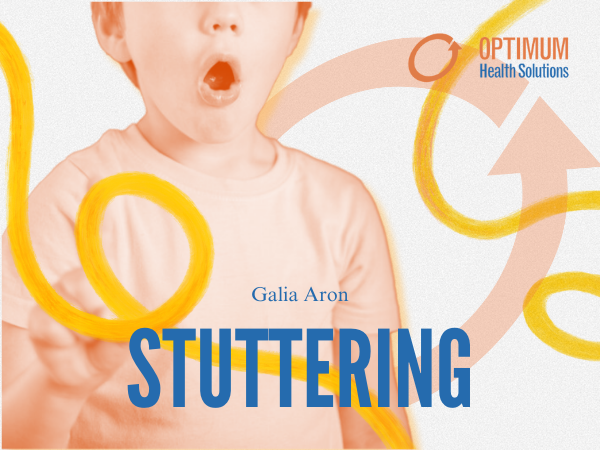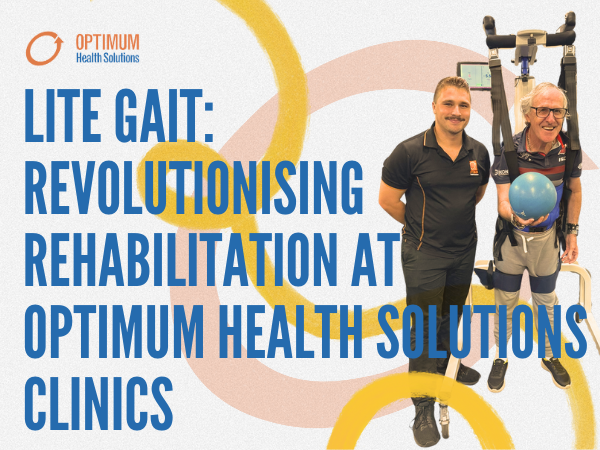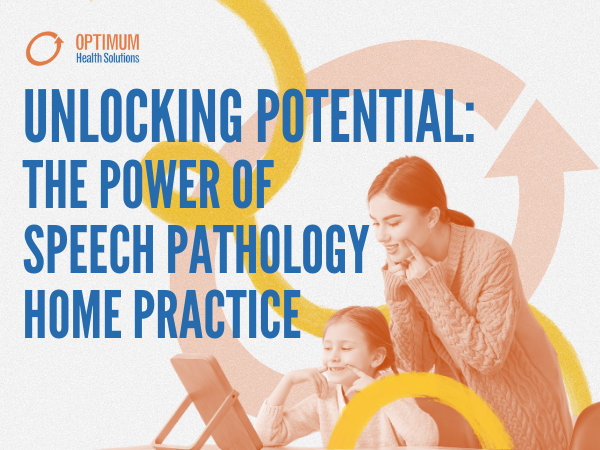what is stuttering
Stuttering is a speech disorder that affects how fluent a person can be when speaking. People who stutter know what they want to say but their words are disrupted.
We can identify three types of stutters:
- Repetitions of sounds, words, or phrases, for example, “I-I-I want this” or “c-c-can I go?”
- Stretching of sounds (prolongations), for example “mmmmmmmum” or “I like fffffffflowes”
- Words being ‘stuck’ (blocking), where the sound is not let out. This is often accompanied by facial grimacing and head movement.
what causes stuttering
The cause of stuttering is not yet fully understood. It is thought to be a neural brain activity that is related to speech and it has a genetic involvement, so children in families with people who stutter have a greater chance of stuttering as well, although the inheritance pattern is still unknown. It is also known that stuttering behaviours are more prevalent in boys than girls.
Stuttering, however, is a physical disorder, not a psychological one. Anxiety and stress, for instance, don’t cause stuttering, however, stuttering can get worse when the person is tired, stressed, or excited. At times stuttering can lead to social anxiety (especially after the age of 7) and to the child trying to avoid speaking in certain situations, around certain people, or not using certain words.
When does stuttering typically begin?
Children typically start to stutter as they start to put words into sentences, often between 3 and 4 years of age. The onset can be sudden or gradual and it can range from mild to severe. It often starts as repetitions, but can quickly change to the other types of stutters described above.
Some children will naturally recover without intervention; however, research indicates that untreated stuttering for a few years can have harmful implications even if the child recovers naturally.
Treatment and Support
As stuttering is genetic, it cannot be cured, but it can be treated. The most widely used treatment program for the preschool years is the Lidcombe Program. This treatment program trains parents so they can deliver the therapy at home every day and have weekly therapy sessions with a speech pathologist. Studies show that early intervention with children under the age of 6 has the best success rate with long-term effects, however, this therapy can be effective with children aged 7-12.
Teenagers and adults can learn to control their stutter, however, early intervention is simpler and more effective.
Offering Support
If you know someone who stutters, you can support them by:
- Maintaining eye contact and being an active listener.
- Listen patiently, nod, and make eye contact.
- Giving time and allowing the person who stutters to finish their sentences.
- Focus on what the person is saying, not how they are saying it.
We don’t recommend these strategies when speaking to a person who stutters:
- Telling the person who stutters how they should feel about their stutter.
- Saying words or finishing the sentences to ‘help’ the person who stutters.
- Don’t tell the person to stop stuttering
If you are concerned about your or your child’s stuttering, speak to a speech pathologist for individualised advice.
About the Author
Galia Aron is a certified Speech Therapist working out of the Optimum Health Solutions Liverpool clinic.








